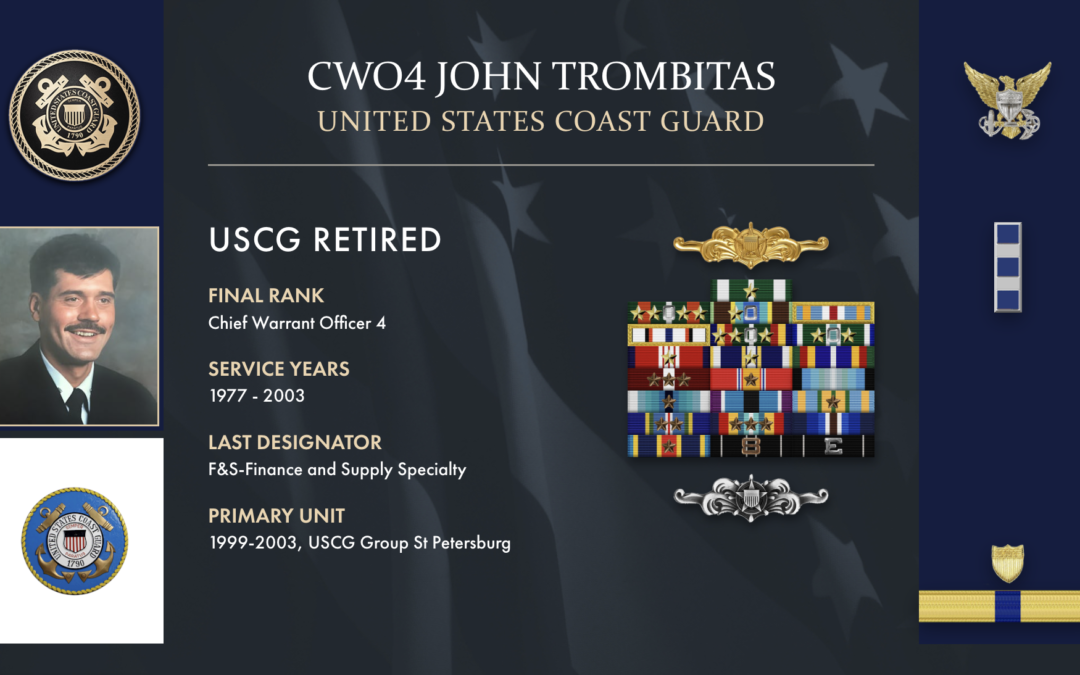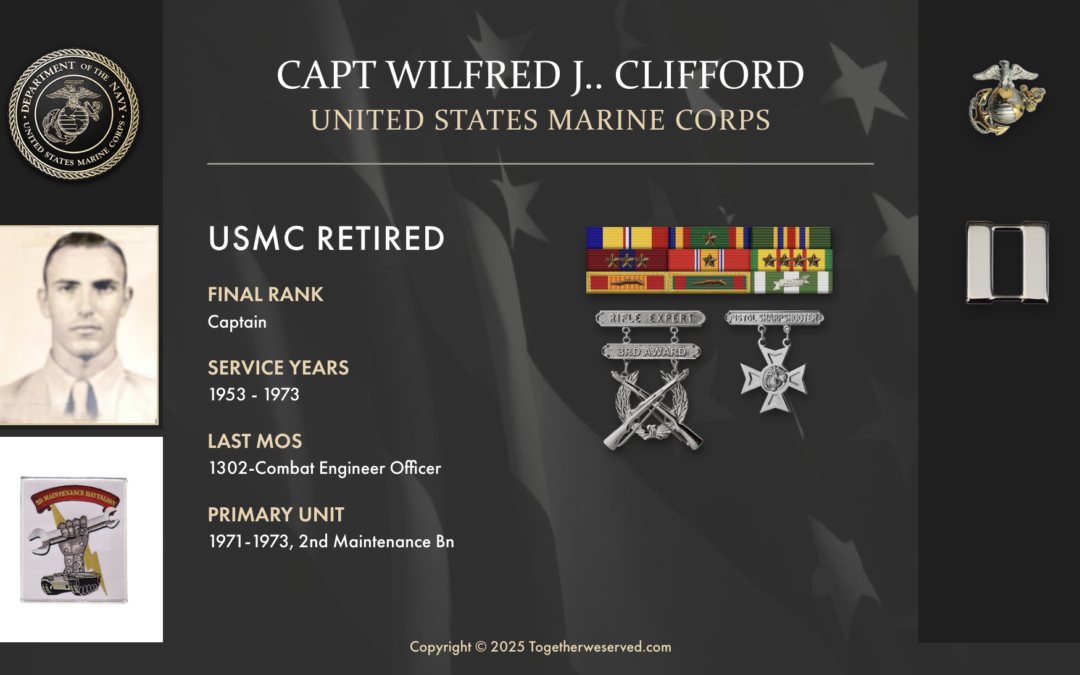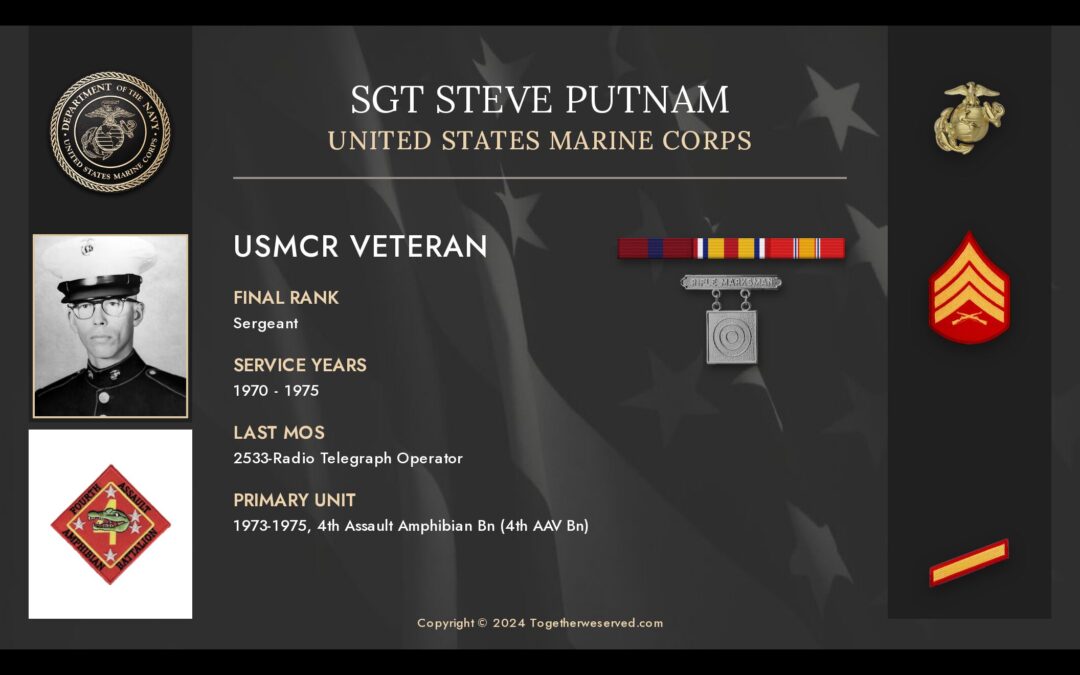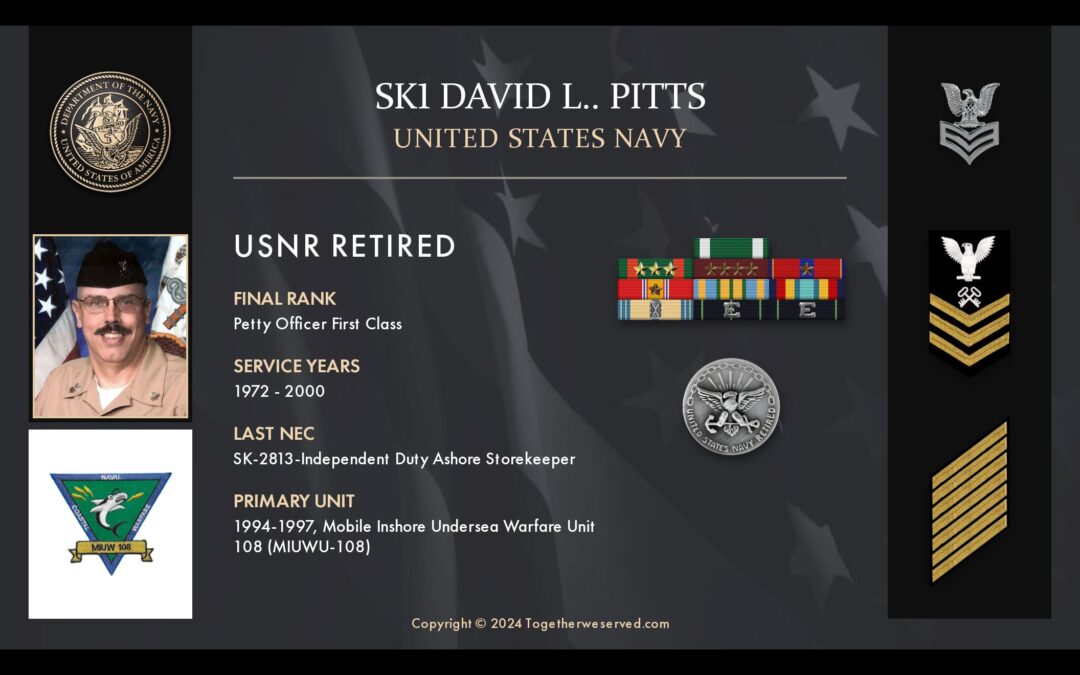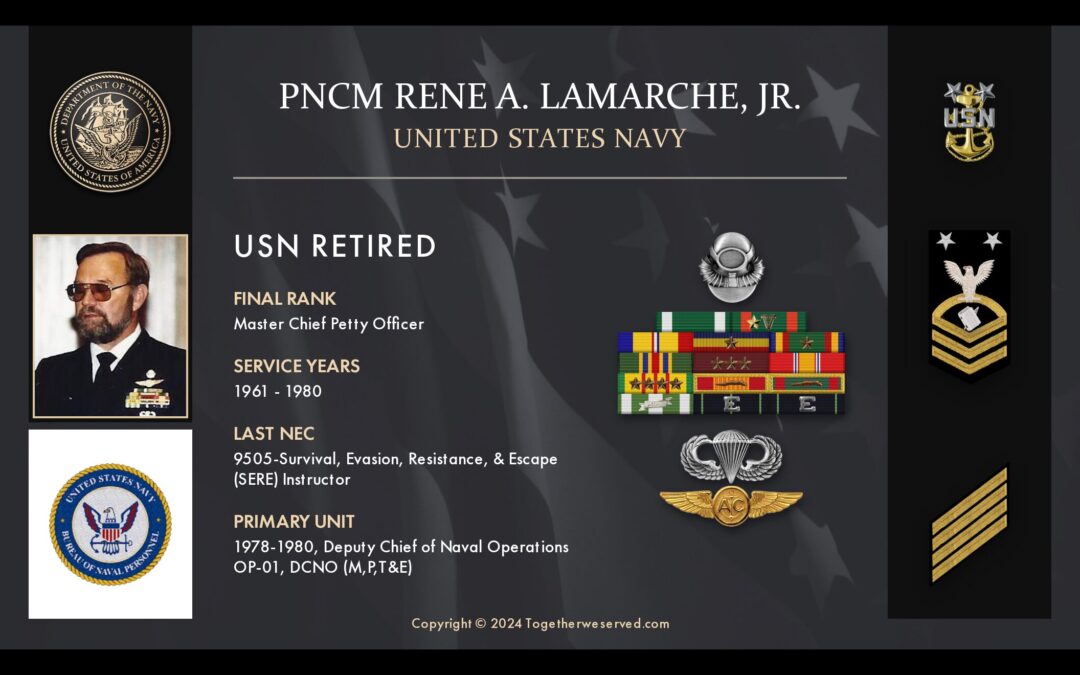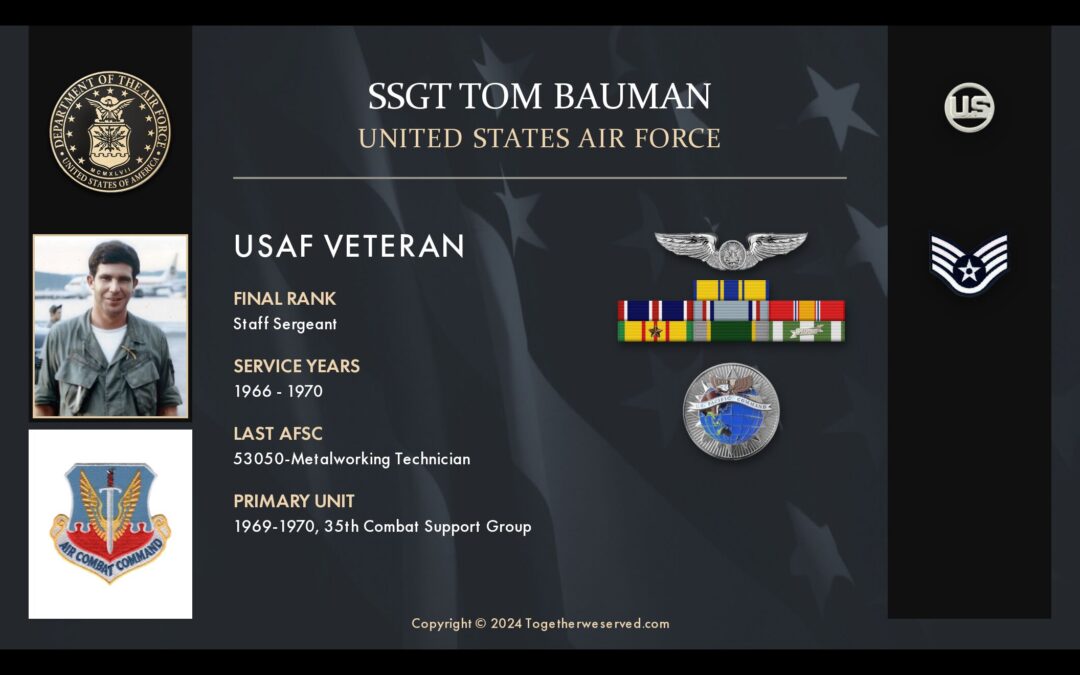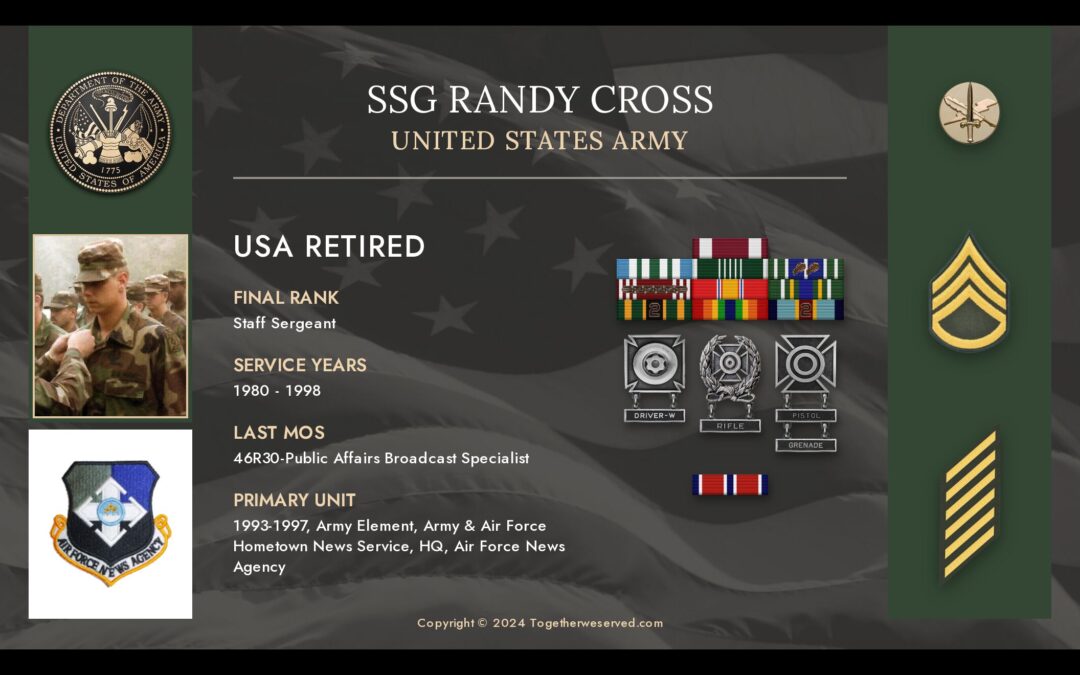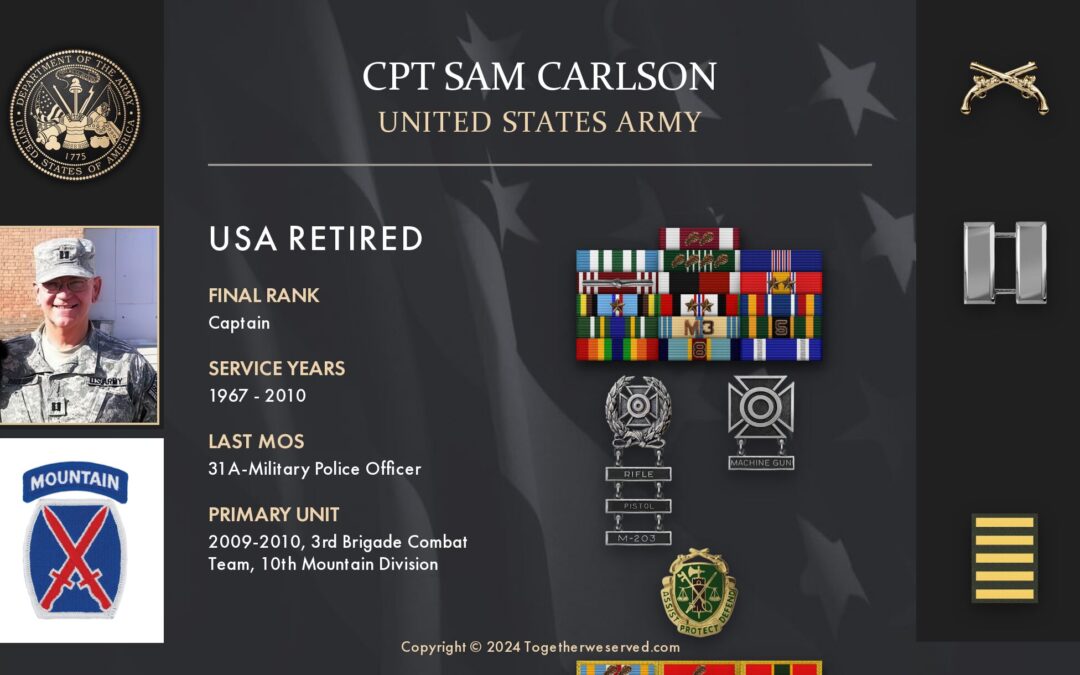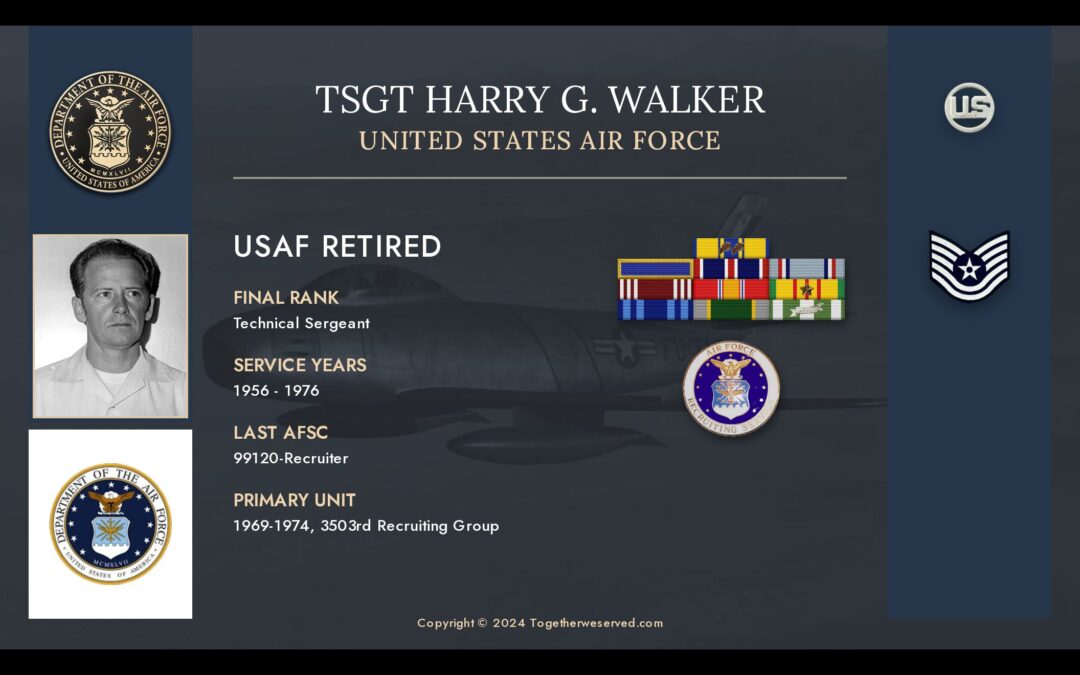Several things influenced my decision to join the Navy. Two other classmates and I at Lemoore High School were considering joining the Air Force. Being a “Navy Brat”, I was looking at being stationed someplace I’d not lived where my father had been stationed in the Navy. We completed the physical and paperwork and had a date in July to enlist and head for San Antonio. However, when the time arrived, I received a call from the Air Force recruiter saying that my date had been moved to October. Given the fact that I’d quit my job at Boy Scout summer camp, quit my jobs with the Fresno Bee and Lemoore Advance, and the fact that Dad was PCSing to NAS Memphis in September, I had very few options other than the Draft. I drove to Visalia, picked up my package from the Air Force recruiter, and walked down the hall to the Navy’s office. There was a Chief sitting at a desk. I put my folder in front of him and asked, “Chief, how soon can I enlist?” He looked it over, looked up at me, and said: “What about tomorrow? I asked him if I could use his phone. I called Dad at his office back on NAS Lemoore: “Hey. Do you have anything going on tomorrow?” He said, “Nope.” “Good. You’re taking me up to Fresno to swear me in the Navy.” It was off to RTC San Diego the following afternoon.

